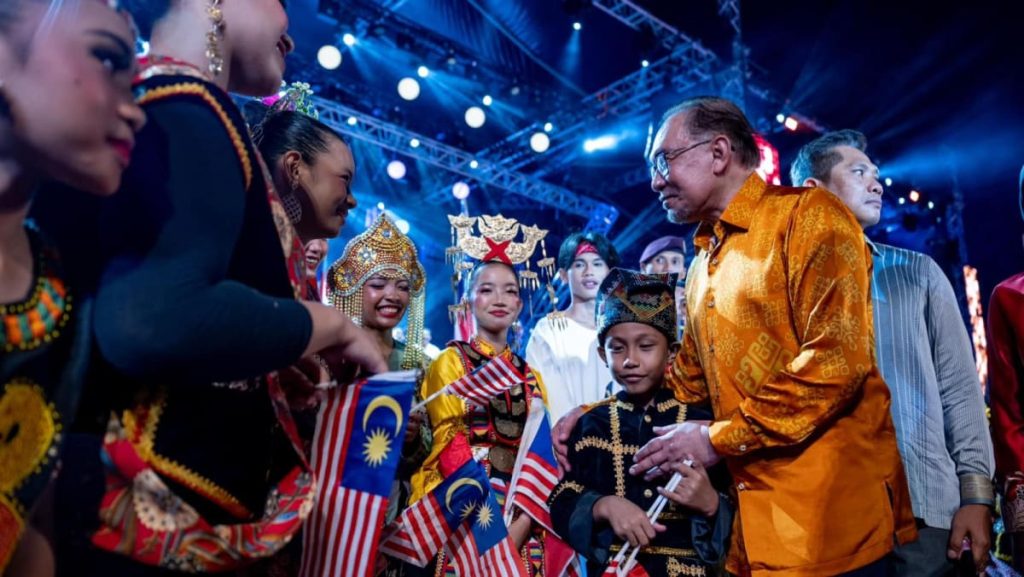Deputy Prime Minister Fadillah Yusof recently announced that 11 demands made by Sabah and Sarawak regarding the Malaysia Agreement 1963 (MA63) have been resolved. These demands include the handing over of regulatory power over gas supply, amending the Inland Revenue Board Act to appoint state government representatives as permanent members of the board, and the administration of the judiciary in the two states, among others. Previously, there were reports of 29 demands that were under discussion, with seven being settled under the administration of Anwar Ibrahim, three under Ismail Sabri Yaakob, and one during Muhyiddin Yassin’s tenure. However, there are still unresolved matters such as state rights over continental shelves, oil royalty, cash payments for petroleum, stamp duty, and the distribution of federal parliamentary seats.
In a separate statement, Anwar Ibrahim emphasized the federal government’s commitment to uplifting the dignity of all states in Malaysia, especially those in rural, remote, and poverty-stricken areas. He believes that this can be achieved through collaboration, dialogue, and teamwork between the federal and state governments, including those from Sabah and Sarawak. Anwar stressed the importance of serving all Malaysians, regardless of background and called for unity in celebrating the international successes of Malaysian athletes, citing the recent achievements of Paralympics athletes at the Games in Paris. He called for a spirit of pride in the accomplishments of Malaysians, regardless of race, ethnicity, or religion, to be cultivated among the country’s citizens.
Fadillah Yusof, who chairs the MA63 technical committee and is from Sarawak, highlighted the progress made in resolving some of the demands made by Sabah and Sarawak. He mentioned that the recent settlements were achieved under different administrations, indicating a bipartisan effort to address the concerns raised by the two states. However, Fadillah also acknowledged that there are still outstanding issues that need to be addressed, including state rights over continental shelves, oil royalty, cash payments for petroleum, stamp duty, and the allocation of federal parliamentary seats. These unresolved matters continue to be a point of contention in the discussions surrounding MA63 and require further attention and negotiation.
Anwar Ibrahim’s call for unity and inclusivity in serving all Malaysians, regardless of background, reflects a broader effort towards national reconciliation and cooperation. He emphasized the importance of recognizing and celebrating the achievements of Malaysian citizens, showcasing a sense of national pride and solidarity. By highlighting the successes of Paralympics athletes and advocating for a spirit of unity and celebration among Malaysians, Anwar seeks to build a more cohesive and inclusive society. This approach aligns with efforts to address historical grievances and promote a more equitable and harmonious relationship between the federal government and the states, particularly Sabah and Sarawak, within the context of MA63.
Moving forward, the unresolved issues related to MA63 will require ongoing dialogue, negotiation, and compromise between the federal government and the states of Sabah and Sarawak. The progress made in addressing some of the demands raised by the two states indicates a willingness on both sides to work towards a resolution. The leadership of individuals like Fadillah Yusof and Anwar Ibrahim, who advocate for cooperation and collaboration in addressing the concerns of all Malaysians, is crucial in advancing the national interest and fostering a sense of unity and inclusivity. As discussions around MA63 continue, the focus will be on finding mutually beneficial solutions that address the historical grievances and aspirations of Sabah and Sarawak while promoting greater unity, equality, and prosperity for all Malaysians.


